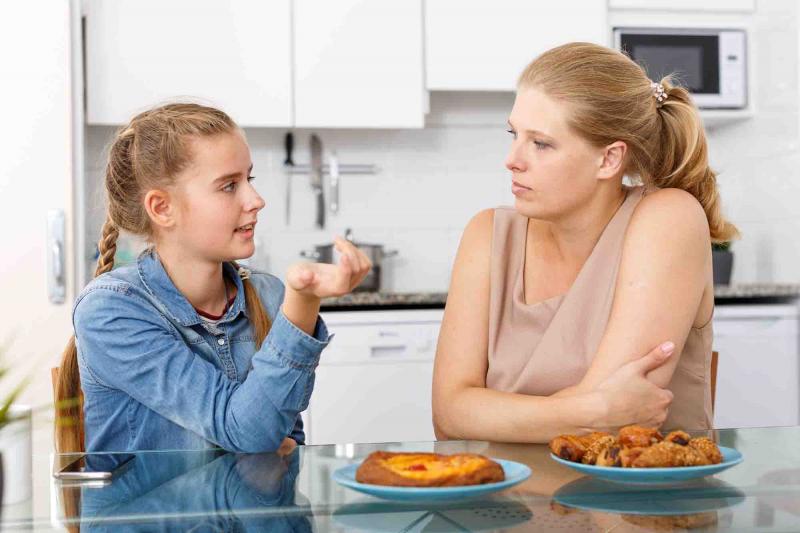When times are tough or uncertain, it is important to remember your child is watching you. Children often lack the logic we as adults possess to interpret and understand complex and evolving situations such as the COVID-19 outbreak. They will look to you for cues as to how they should be feeling about a situation, or to assess how concerned they should be.
Whilst you may be feeling concerned or experiencing anxiety about the situation, it is incumbent on us as grown-ups to manage our emotions and model resilience to minimise our child’s anxiety.
There are a lot of ways to begin modelling resilience for your child, and the list is only limited by your imagination!
 Identify emotions. Try identifying your emotions in different situations with your child. For example, if you are excited about Easter being just around the corner, express this to your child and ask them how they are feeling in turn. It could be as simple as stating: “I am feeling excited about Easter! Not long now until the Easter Bunny will visit. How are you feeling about it?”. Makes sure to ask them how they are feeling as an open-ended question, rather than asking if they are feeling the same way as you are. This will encourage your child to stop and think about how they are feeling and to label their emotions. Moreover, it normalises a range of feelings and demonstrates to your child that there are no good or bad emotions – every feeling is valid. If they are unsure what they are feeling, ask them some follow up questions to help them identify it. It may be one they have not felt before.
Identify emotions. Try identifying your emotions in different situations with your child. For example, if you are excited about Easter being just around the corner, express this to your child and ask them how they are feeling in turn. It could be as simple as stating: “I am feeling excited about Easter! Not long now until the Easter Bunny will visit. How are you feeling about it?”. Makes sure to ask them how they are feeling as an open-ended question, rather than asking if they are feeling the same way as you are. This will encourage your child to stop and think about how they are feeling and to label their emotions. Moreover, it normalises a range of feelings and demonstrates to your child that there are no good or bad emotions – every feeling is valid. If they are unsure what they are feeling, ask them some follow up questions to help them identify it. It may be one they have not felt before. Ever heard the expression ‘Fake it ‘til you make it?’. Well this might apply in this instance! The COVID-19 outbreak has left many people feeling anxious for both their safety and the safety of loved ones. Remember that your child is watching how you react in these types of situations, and it is the cues you give them that will shape their view of current events. There is nothing wrong with admitting that you feel concerned, but remember to keep a level-head and look for the positives. Encourage your child to express how they are feeling and to ask any questions they may have. Make sure to take care of your own physical and mental health during this uncertain time. Check-in regularly with your family, friends and other parents in your network. Talking through your experiences with others will help to lighten the load, and you may come up with some new strategies to try to help you navigate these uncharted waters.
Remember, if you need to access additional support, please call Lifeline on 13 11 14. If you are concerned about your health, please contact 13 HEALTH on 13 43 25 84. If you are in immediate danger, please call 000.